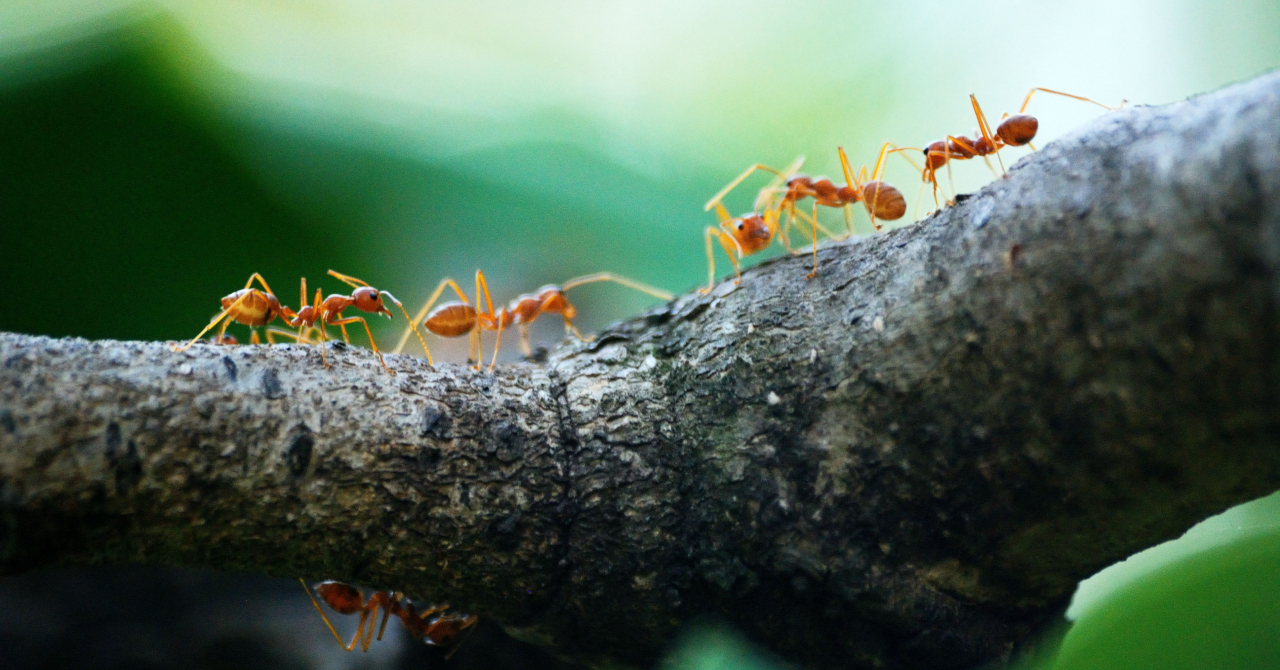According to The Guardian, ants are a class of predator insects that can hunt other creatures that harm fruits and vegetables.
According to the study published in Proceedings of Royal Society B, more ant diversity means a higher rate of protection against multiple damaging insects.
The team of experts analyzed 17 crops, including mango, apple and soya bean, found in the US and Brazil, among other places.
According to scientists, "in general, with proper management, ants can be useful pest controls and increase crop yield over time. Some ant species have similar or higher efficacy than pesticides, at lower costs."
Researchers in Brazil looked into 26 ant species, most of them tree ants, which often times climb plants.
Due to the fact that these species nest on the ground and on plants, they are most efficient in diversified farming systems, which grow crops and trees on the same fields.
Dr Diego Anjos, from the Federal University of Uberlândia, said that "our study encourages farmers to use more sustainable practices such as biological control provided by ants and practices of shaded crops as a way to naturally promote ants in crop systems."
However, insects such as aphids can prove to still be a persisting threat to crops, due to the fact that they release a sugar-like substance that ants feed on, so essentially, they enjoy a protection status in return of their sweet feedstock.
Scientists say that by providing alternatives, such as regular sugar, ants can lose interest in protecting these pests and attack them.
Ants are one of the largest classes of insects in the world, number wise, as there are 14.000 known species and they make up more half of the total insect biomass on Earth.
Ants have been used for centuries as crop management insects on citrus crop fields in China and these insects have also been used to maintain Canadian forests and cocoa plantations in Ghana, among other things.
Also, on the islands of Fiji, ants are known to have been planting and growing a number of species of plants for millions of years, as a way of mutual care between the species.
Dr. Patrick Milligan from the University of Nevada Pringle Lab, said that the findings were "both heartening and not at all surprising".
"This is essentially another option in our farming toolset that can allow agriculture to move away from pesticides – which really damage neighboring insect communities – but still improve crop yields", he added.
 Mihai - Cristian Ioniță
Mihai - Cristian Ioniță












Any thoughts?